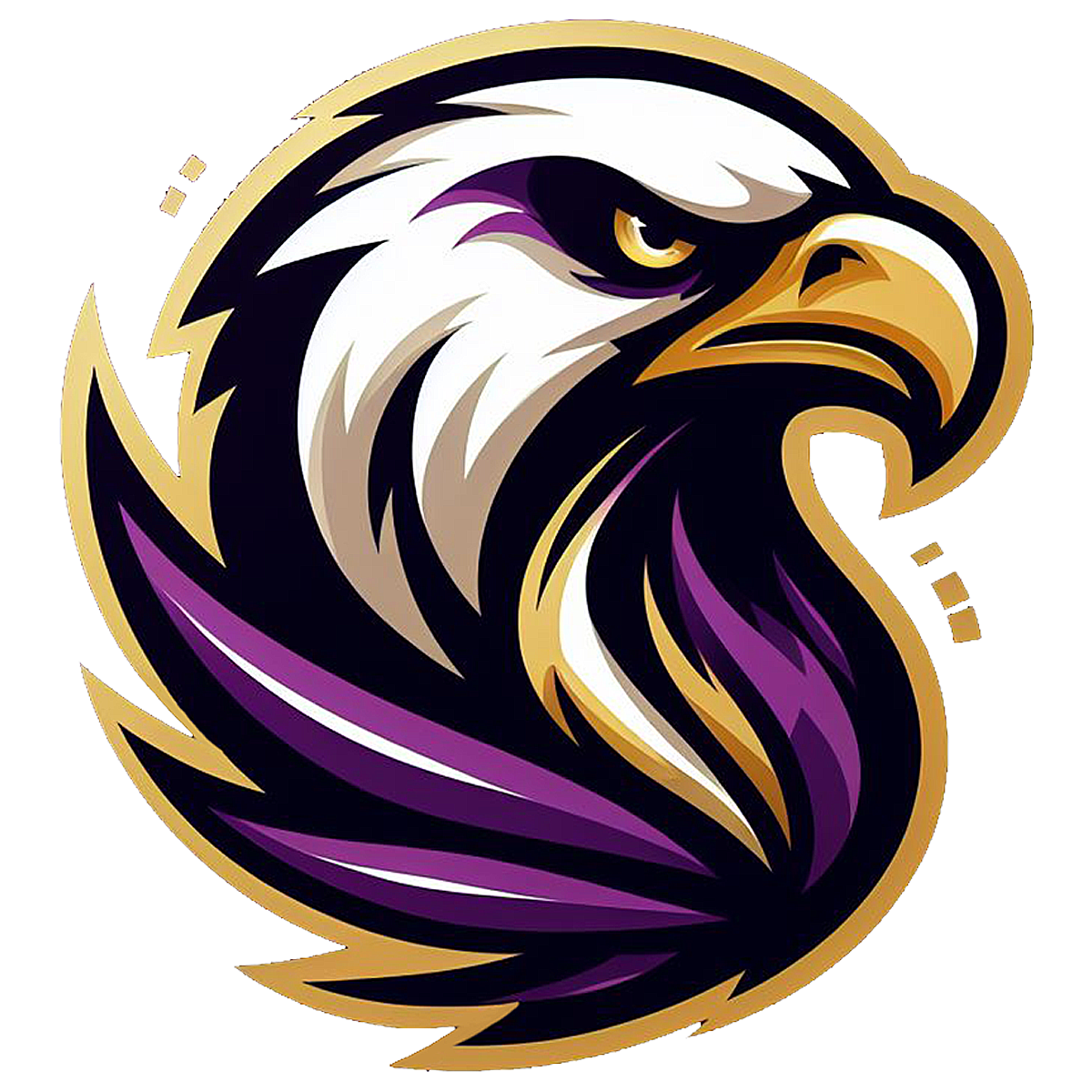TECHNOLOGY
Technology 7/8
A required course for all grade 7 and 8 students, Introduction to Technology introduces students to the wide world of technology. Students will be exposed to many areas of technology, and will learn to make connections between them. This experience will lay the foundation which thoughtful, creative, and technologically literate students can build upon in high school and beyond. Through hands-on, project based learning, students will build problem solving skills that will be valuable for years to come
Drawing and Design for Production (DDP) - Freshmen
Students will learn the basics of technical drawing using traditional drafting techniques and tools as well as an introduction to Computer‑Aided‑Drafting (CAD). This course also intends to provide opportunities in the areas of design and drawing through creative thinking, decision-making and problem-solving experiences. Strategies of design and drawing now and in the future are emphasized. Throughout the course, students will have the opportunity to complete a variety of hands‑on projects; including Co2 dragsters, 3d prototyping, floorpans and more. This electve course may be used to satisfy the fine art graduation requirement or toward a technology
Agriculture Engineering (CASE APT): (Open to grades 10,11,12)
Focuses on Agricultural Power and Technology. A foundation level course designed to prepare students for the wide array of career opportunities in agricultural engineering. Students are immersed in inquiry-based exercises that tie in the math and science of agricultural mechanics and engineering. Throughout the course, students apply technical skills while becoming competent in the process used to operate, repair, engineer, and design agricultural tools and equipment. Teachers are provided detailed professional development to facilitate instruction. CASE provides extensive preparation for the teacher to be proficient and confident in their ability to provide proper instruction of mechanical skills and concepts. Every lesson is aligned to national standards for agriculture, science, mathematics, and English language arts. Topics covered include: Shop Safety, Tool Operation, Materials Selection & Use, Fabrication, Energy & Power, Machines, Machinery Management, Engineering, Technology Applications, Electricity and plumbing
Plant Science: (Open to grades 10,11,12)
Photosynthesis is the ‘reaction of life”. Through photosynthesis, plants convert the sun’s energy into a form that humans and other living creatures can use. Photosynthesis is the original source of all important fuels including oil, coal, wood and natural gas. It is also the source of all foods (and fibers), because all animals depend on plants at some point in the food chain. This class will explore essential growing conditions needed for plant growth, basic plant biology and propagation. We will investigate soil science and the major agronomic crops including cereal grains, legumes, vegetables, fruits, forestry. The class will also study agritourism as most of these enterprises include some form of plant science as part of what they market, i.e., Cullen’s Pumpkin Farm, various fruit picking opportunities, farmers markets, farm to table operations, even the brewing industry is centered on plants converted to the various liquids on tap. While we will NOT be taste testing any of these liquids, we will take the time to do some field trips to see various parts of the industry.
Food and Fiber Science: Seniors
Food Science and Safety is a specialization course in the CASE Program of Study. Students will complete hands-on activities, projects, and problems that simulate actual concepts and situations found in the food science and safety industry, allowing students to build content knowledge and technical skills. Students will investigate areas of food science including food safety, food chemistry, food processing, food product development, and marketing. The students will also explore connections between the Food Science and Safety lessons, Supervised Agricultural Experience, and FFA components that are important for the development of an informed agricultural education student. Students will investigate, experiment, and learn about documenting a project, solving problems, and communicating solutions to their peers and members of the professional community. Students will maintain a research-level Laboratory Notebook throughout the course documenting their experiences in the laboratory. Research and experimental design will be highlighted as students develop and conduct industry appropriate investigations. Food and Fiber Science includes the following units of study: Introduction to Food Science, Chemistry of Food, Safety of Our Food, Food Processing Preservation and Packaging, Food Health and Security, Preference and Product Availability, Food Product Development, Food Preparation and preservation. In addition, students will complete Fiber Projects such as leather working, soap/candle making, and felting wool.
Animal Science: (Jr/Sr)
Animal Science is the science and business of producing domestic livestock species, including but not limited to beef cattle, dairy cattle, horses, poultry, sheep, and swine. Animal Science is also concerned with food of animal origin: meat, dairy foods, and eggs. We will also explore aspects of companion, lab and exotic animals, including their nutrition, care, and welfare. If you are interested in the efficient production of food animals, processing and consumption of high-quality meats and dairy products, use of companion animals for recreation or leisure purposes, or the maintenance of animal health and well-being, then this class might be for you!
